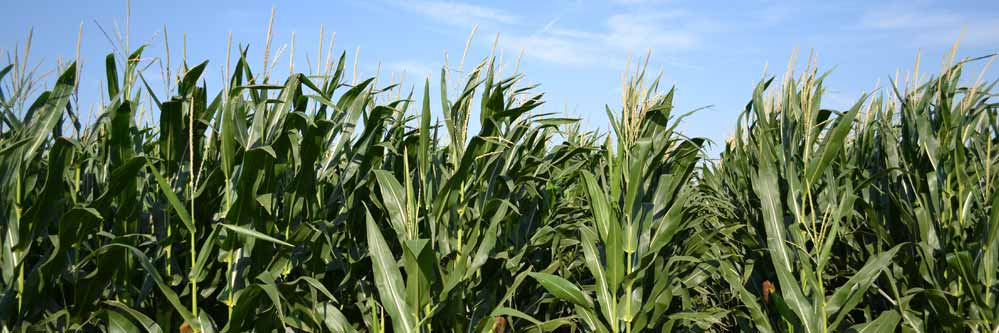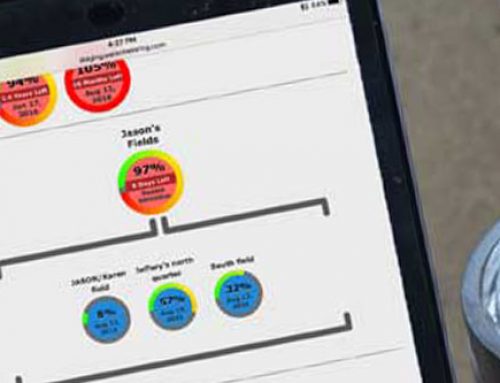Is it just me, or do skeptics of GMO crops just like to consume products that have been treated with more pesticides? We hear about the marketing schemes touting non-GMO, organic, gluten-free, sustainable agriculture, or whatever other buzzword that can be used to prey on what I believe is an uninformed consumer.
I have no problem with an individual making a conscience decision to purchase whatever ingredients they choose to consume or not. But to avoid products because someone convinced a person that GMO is bad, or non-organic is not healthy, without knowing more about what that means is frankly deceiving and ignorant.
I recently heard a commentator on a national news station state that wheat was contaminated with gluten! Contaminated – really? With a phrase like that, it is a wonder there is even one living human being on the planet, since bread has long been considered the staple of life. Does the consumer have any idea what gluten is? Gluten is a composite of proteins found in small grains. That’s it. I see where you can buy gluten-free sweet potatoes, or gluten-free fruit! News flash – these foods never had gluten in them to begin with! If you are unfortunate enough to have celiac disease, you should most definitely avoid gluten. If not, gluten is actually good for you. Why isn’t that touted?
Many consumers believe that organically grown food is safer and healthier for them. One wonders how many people interpret this as chemical-free. There are many synthetic pesticides labelled for organic production. It is not uncommon to apply large quantities of what is considered to be an organic compound to control whatever pests may be present. Marketers are very good at making you feel good that you are choosing something that is better for you, and they are saving you from consuming something that just might be toxic to you. And, oh by the way, is significantly higher priced than “normal” food – whatever that is.
GMO crops have gotten a bad reputation as well for no reason whatsoever. The fact is, GMO crops have kept huge amounts of pesticides out of the environment, have improved yields, and have produced higher quality crops than we have ever seen. There are numerous studies that show the reduction in pesticide use across the country, and across the world. It is estimated that since the introduction of GMO crops, pesticide use is down 37% worldwide. Since the mid 1990’s, insecticide use (pounds of active ingredient) in corn alone in the U.S. is down 90%! Properly used, labeled pesticides are proven safe for crops and humans alike. But the idea that GMO corn alone has reduced insecticide use 90% in the U.S. over time is huge.
Our challenge going forward will be to feed and clothe an ever increasing population. The tools necessary to accomplish that task will include the use of quality synthetic and bio pesticides, as well as GMO traits. These tools are what we are going to use to “sustain” agriculture.
If consumers have excess resources to purchase higher priced organic, or non-GMO labeled foods, they are welcome to do so. But, producing enough food and fiber for the world at reasonable costs include utilizing all the tools available to us. We are fortunate to be stewards of these products.
Written by: Dwight Koops, Dodge City, KS





